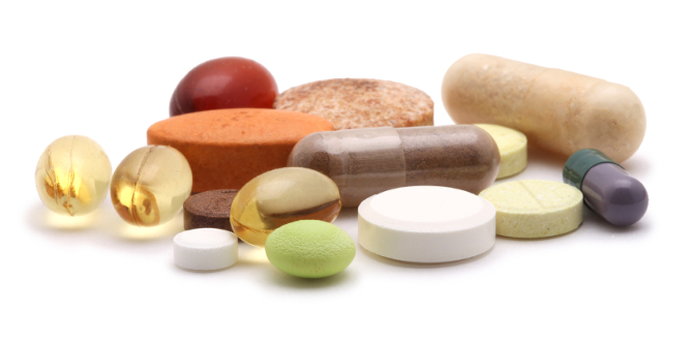Most people undermine the importance of fiber. It is a group of non-starchy polysaccharides in plant products that your body cannot digest. When fiber gets into your body, it changes the structure and property of the food bolus, impacting the uptake of sugar, fat and other nutrients as food travels through your intestines. Nutritionally, dietary fiber is subcategorized under carbohydrate and is deducted from the total when you calculate your net carbohydrate intake. There are two groups of dietary fiber, soluble and insoluble. Both types extract water from your intestines, making the food larger and speed up the intestinal movement of food. Soluble fiber makes the bolus gelatinous, inhibiting the release of sugar and fat while insoluble fiber lubricates and cleans your digestive path. Having enough soluble and insoluble fiber can help regulate your bowels, prevent accumulation of toxins and reduce your risk of colon cancer.
How Much Fiber Is Enough?
To be considered healthy, you should ingest at least 25 grams of dietary fiber every day. If you have an irritable bowel, suffer from habitual constipation or have a family history of gastrointestinal disorders or colon cancer, you should increase your intake to 35 grams. Studies have also shown that increased soluble fiber intake can also help lower cholesterol. Soluble fiber binds to bile acids in your intestines which in turn attenuates dietary cholesterol absorption. Higher intake of soluble fiber can also help prevent and treat diabetic complications. Your body's insulin response is much slower when you eat high fiber foods so that your blood sugar can be normalized. Therefore if you have a predisposition for obesity, heart disease or diabetes, you may also benefit if you increase fiber intake to 35 grams per day.
You should also remember to cap your daily fiber intake around 35 grams since too much fiber can also be problematic. Overdose on fiber may cause loose stools, gas buildup, leading to abdominal discomfort and bloating. Too much fiber can also over-draw water from your intestines which can cause obstructions and exaggerate constipation. Because of these complications of fiber overdose, if you maintain a healthy balanced diet habit, you do not need to take extra fiber supplementation.
How Should You Take Dietary Fiber?
The best way to ensure adequate dietary fiber intake is by eating whole instead of refined grains. There is an abundance of soluble and insoluble fiber in barley, oats, rye and wheat or rice bran which is eliminated during the refining process. Vegetables and fruits are also excellent sources of dietary fiber. Dark leafy vegetables like spinach or purple cabbage, broccoli, beans and legumes, pumpkin, as well as root vegetables sweet potato and taro can provide an average of 5 grams of dietary fiber per cup-size serving. Cooking vegetables helps release more fiber and can ease your absorption. Fruits should be eaten with the skin whenever possible since most insoluble fiber is found on fruit peels. You can also resort to fiber-enriched breakfast cereals or breads.
Whether you chose fresh produce, whole grains, fiber-fortified foods or OTC supplementation, always be mindful of how much fiber you ingest, and use moderation to avoid any negative effect.



